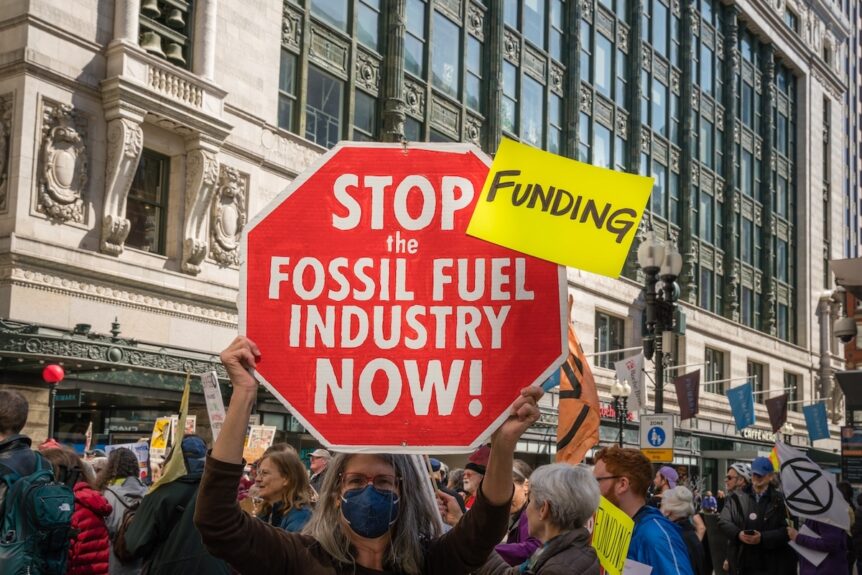The climate battle in America isn’t just about rising temperatures—it’s a fierce political war. Red states and blue states have starkly different approaches to climate policy, and the results are shocking. Here’s how each side is handling the climate crisis—and why their strategies might be making things worse.
1. Texas’s Fossil Fuel Favoritism
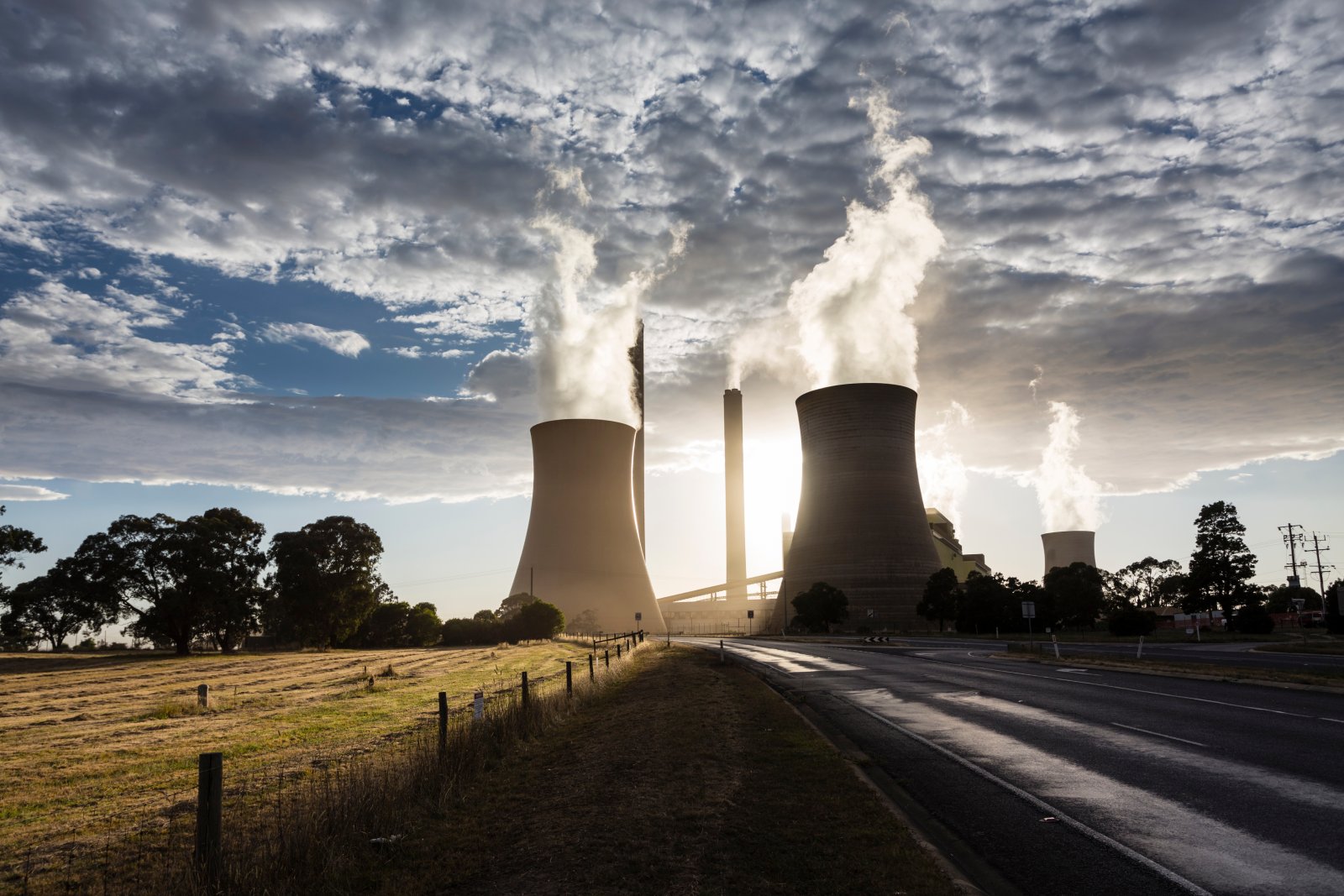
Image Credit: Shutterstock / I. Noyan Yilmaz
Texas has doubled down on fossil fuels, with policies that favor oil and gas industries over renewable energy. Despite contributing significantly to the national carbon footprint, the state has aggressively fought against federal climate regulations. In 2022, Texas was responsible for nearly 15% of the country’s carbon emissions.
2. California’s Green Energy Overreach

Image Credit: Shutterstock / kckate16
California’s relentless push for green energy might be more damaging than beneficial. While the state boasts ambitious renewable energy targets, its regulatory framework has led to skyrocketing utility bills and blackouts. Critics argue that these policies have strained the grid without addressing underlying infrastructure issues.
3. Florida’s Climate Change Denial
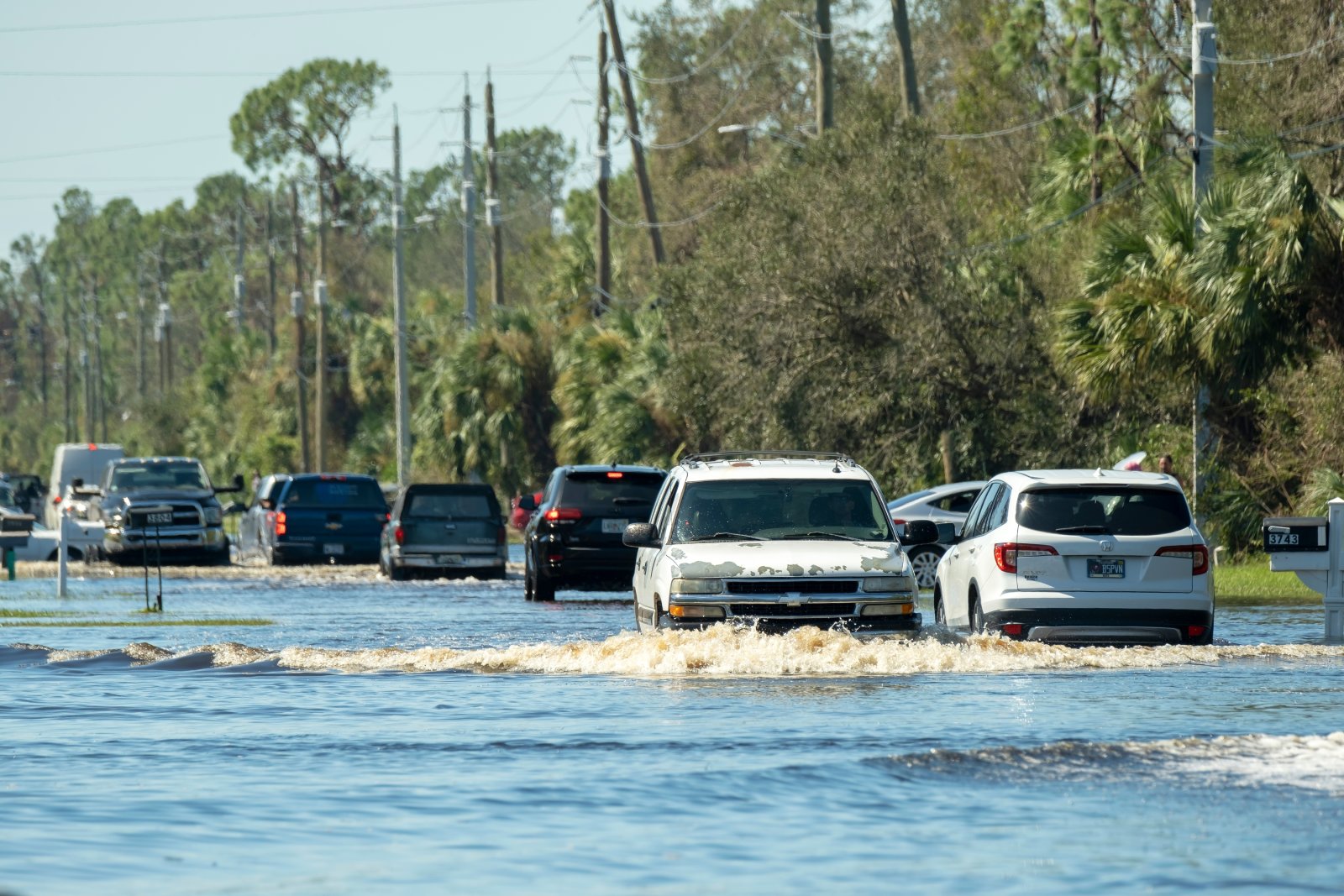
Image Credit: Shutterstock / Bilanol
Florida’s leadership has been notorious for downplaying climate change risks. Despite being one of the most vulnerable states to sea-level rise, Florida has slashed funding for climate research and adaptation. In 2023, sea levels around Miami rose by nearly 3 millimeters, exacerbating flooding and coastal erosion.
4. New York’s Aggressive Emissions Goals

Image Credit: Shutterstock / franco lucato
New York’s climate policies are ambitious, with a focus on reducing emissions and investing in green technologies. However, the state’s aggressive stance has faced criticism for its economic impact, with energy costs for businesses rising by 18% in the past year. The push for green energy has also led to delays and cost overruns on critical infrastructure projects.
5. Alabama’s No-Climate-Talk Policy
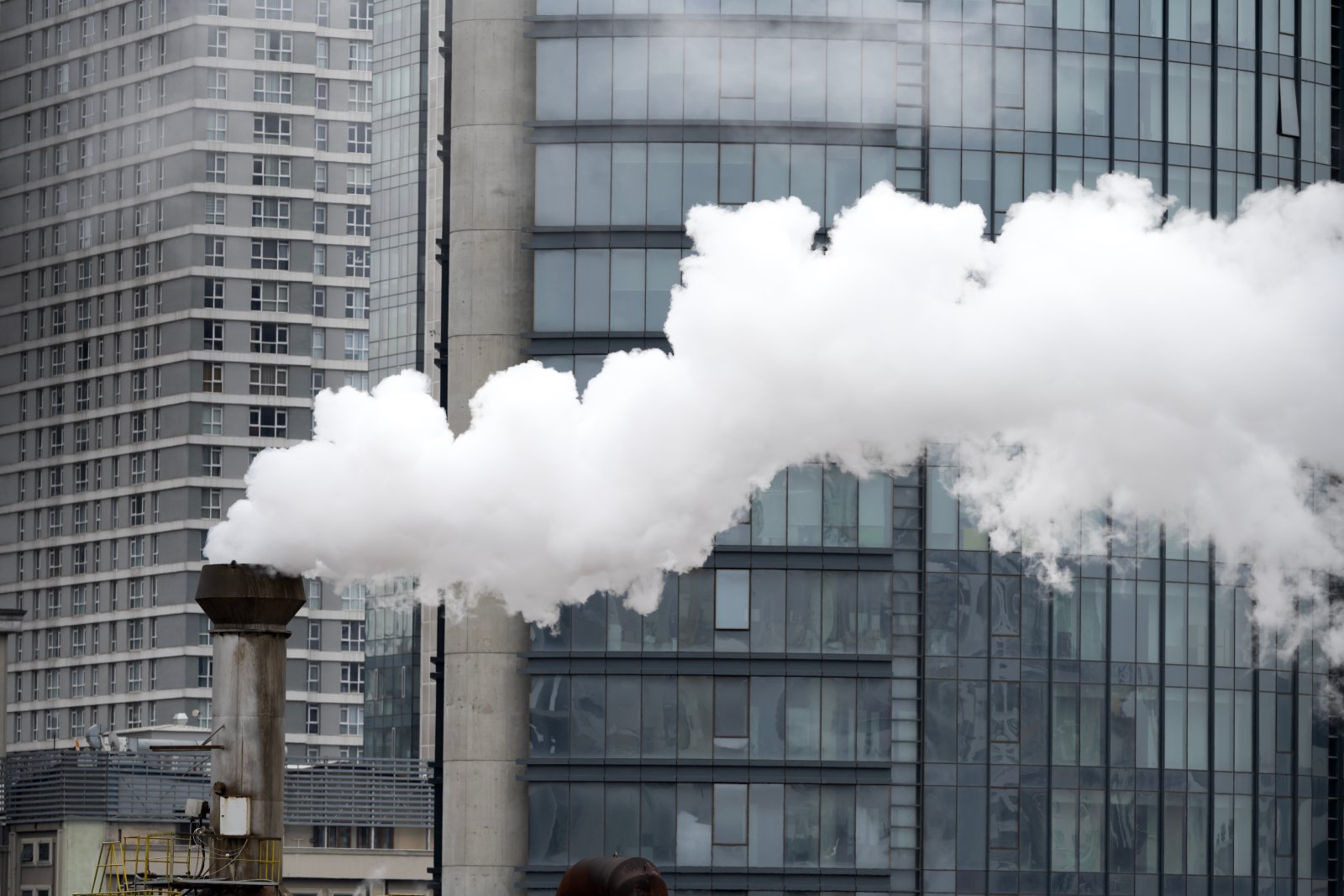
Image Credit: Shutterstock / Basar
Alabama’s state government has largely ignored climate change, focusing on economic growth through industrial expansion. With minimal regulations on emissions, Alabama’s air quality has deteriorated significantly. In 2023, the state reported a 12% increase in respiratory illnesses linked to air pollution.
6. Oregon’s Extreme Environmental Laws

Image Credit: Shutterstock / Mark Agnor
Oregon’s environmental regulations are some of the strictest in the country, with policies that sometimes overreach. While aiming to protect natural resources, these laws have been criticized for stifling economic growth and increasing the cost of living. The state saw a 20% increase in housing costs over the past five years, partly due to stringent land-use restrictions.
7. Wyoming’s Pro-Coal Stance
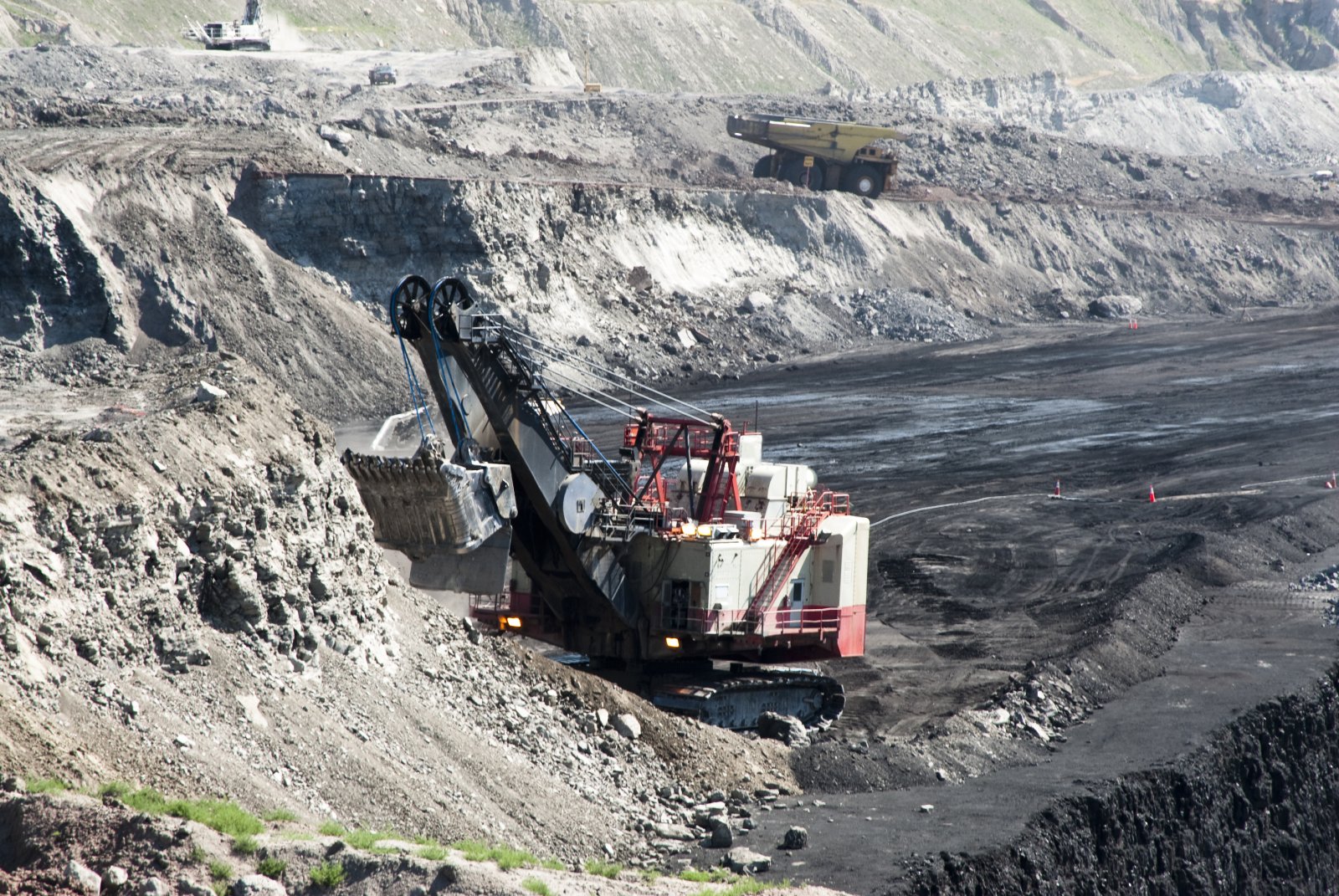
Image Credit: Shutterstock / Jim Parkin
Wyoming remains staunchly supportive of the coal industry, rejecting federal climate initiatives that threaten coal jobs. The state has aggressively fought against regulations aimed at reducing coal production, resulting in Wyoming producing more than 40% of the nation’s coal. This resistance has contributed to persistent air quality issues.
8. Massachusetts’s Costly Climate Initiatives

Image Credit: Shutterstock / Tong_stocker
Massachusetts has invested heavily in climate initiatives, but the costs are mounting. While the state’s green projects aim to reduce emissions, they have led to a significant increase in utility bills. In 2023, energy costs rose by 25% for residents, sparking controversy over the financial burden of these policies.
9. South Dakota’s Environmental Neglect
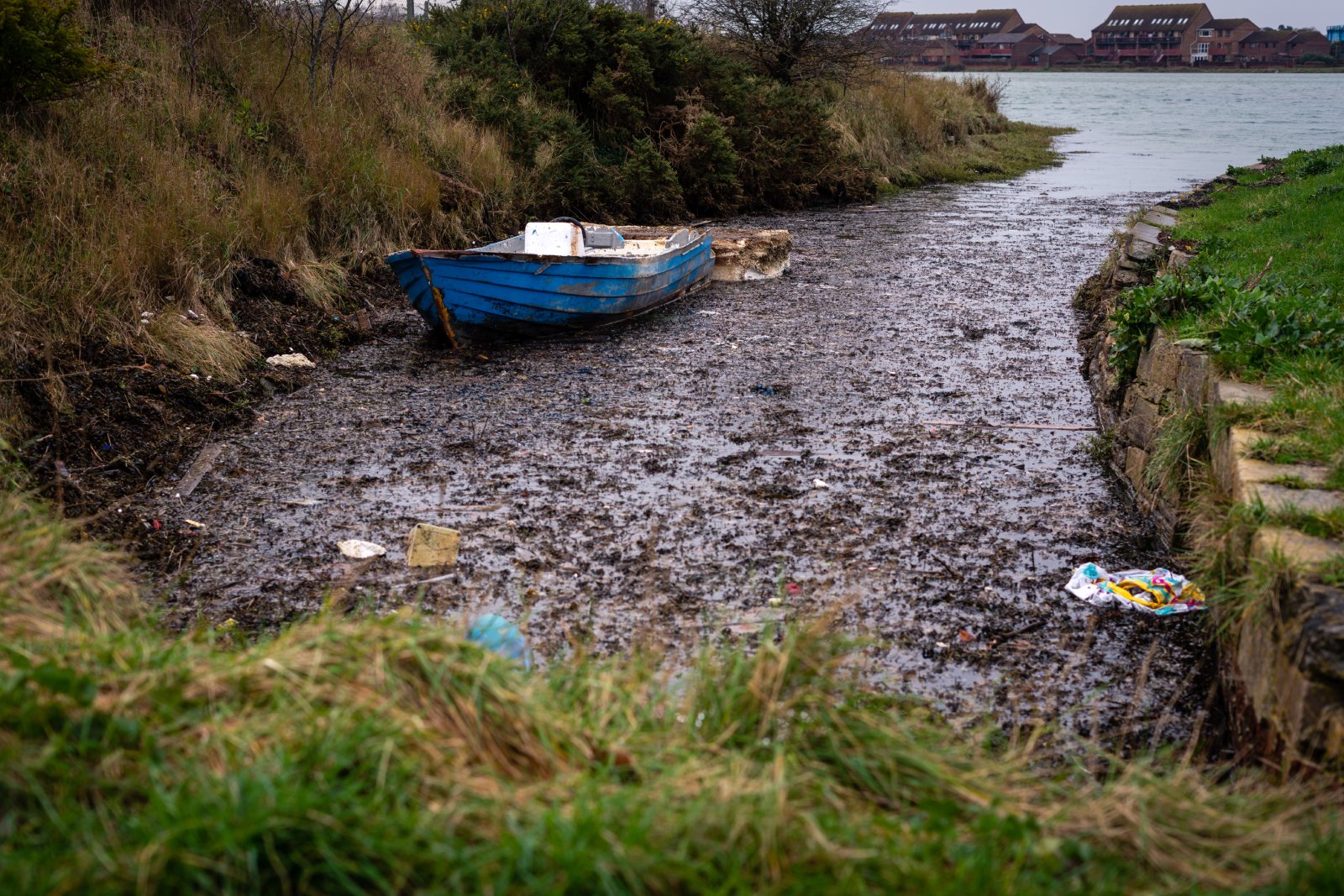
Image Credit: Shutterstock / christhompsonph
South Dakota has been criticized for its lack of environmental regulations, focusing instead on agricultural and industrial expansion. The state’s policies have led to increased soil erosion and water pollution. In 2023, South Dakota reported a 15% rise in nitrate levels in drinking water sources.
10. Colorado’s Renewable Energy Mandates

Image Credit: Shutterstock / narai chal
Colorado’s aggressive renewable energy mandates have faced backlash for their economic impact. While the state aims to transition to green energy, businesses and residents have experienced higher energy costs and reliability issues. Colorado’s electricity prices increased by 22% over the past year, raising concerns about affordability.
11. Tennessee’s Climate Policy Backsliding
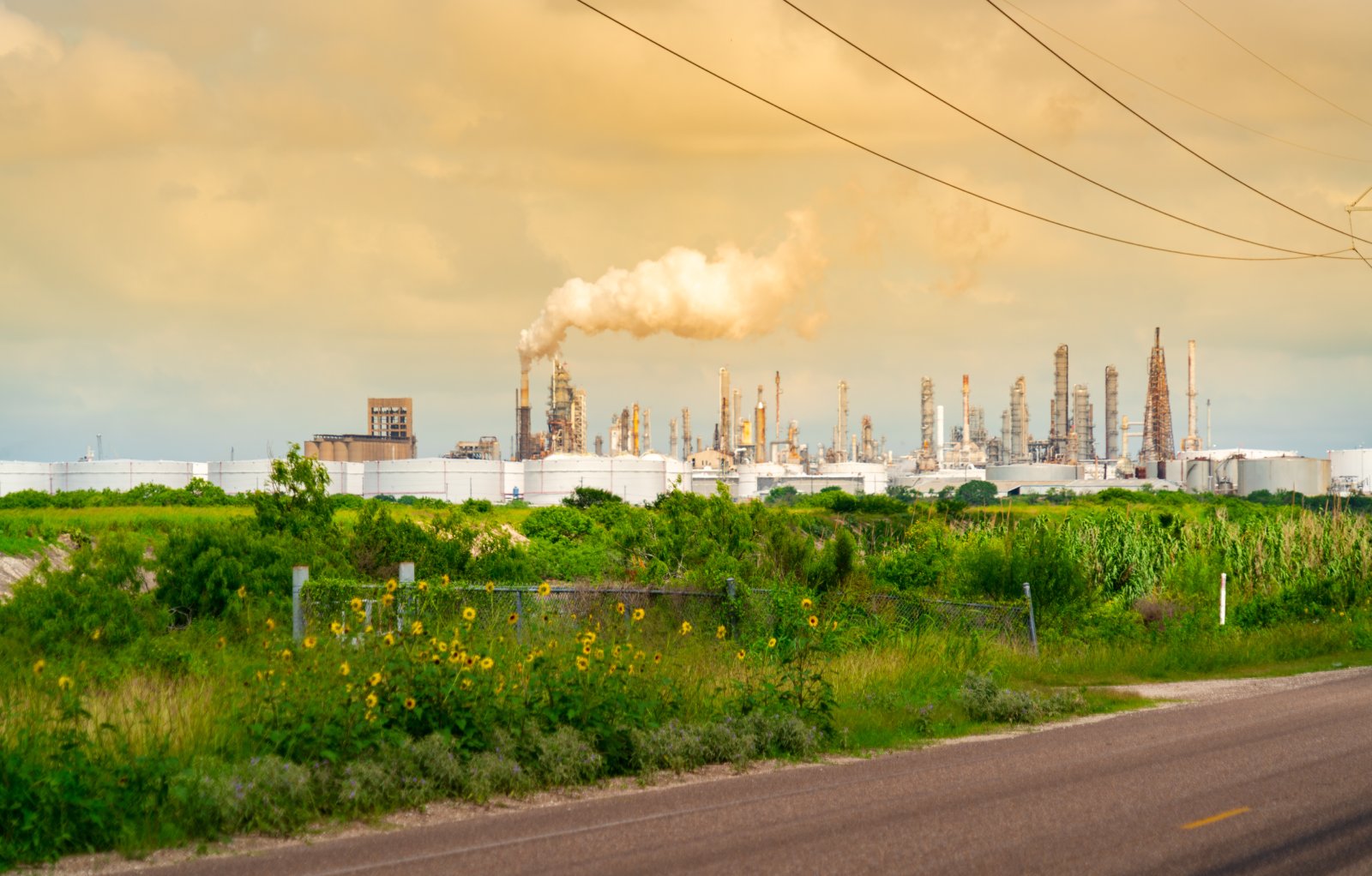
Image Credit: Shutterstock / Roschetzky Photography
Tennessee has reversed many of its previous climate policies, focusing instead on expanding fossil fuel production. The state’s rollback of environmental protections has led to increased air pollution and health problems. In 2023, respiratory issues in Tennessee saw a 10% increase, linked to deteriorating air quality.
12. Washington’s Green New Deal Controversy

Image Credit: Shutterstock / Zerbor
Washington’s Green New Deal-inspired policies have sparked debate over their practicality. The state’s push for comprehensive environmental reform has led to significant tax hikes and economic strain. In 2023, business taxes increased by 15%, causing unrest among local businesses and residents.
13. North Carolina’s Energy Policy Conflicts
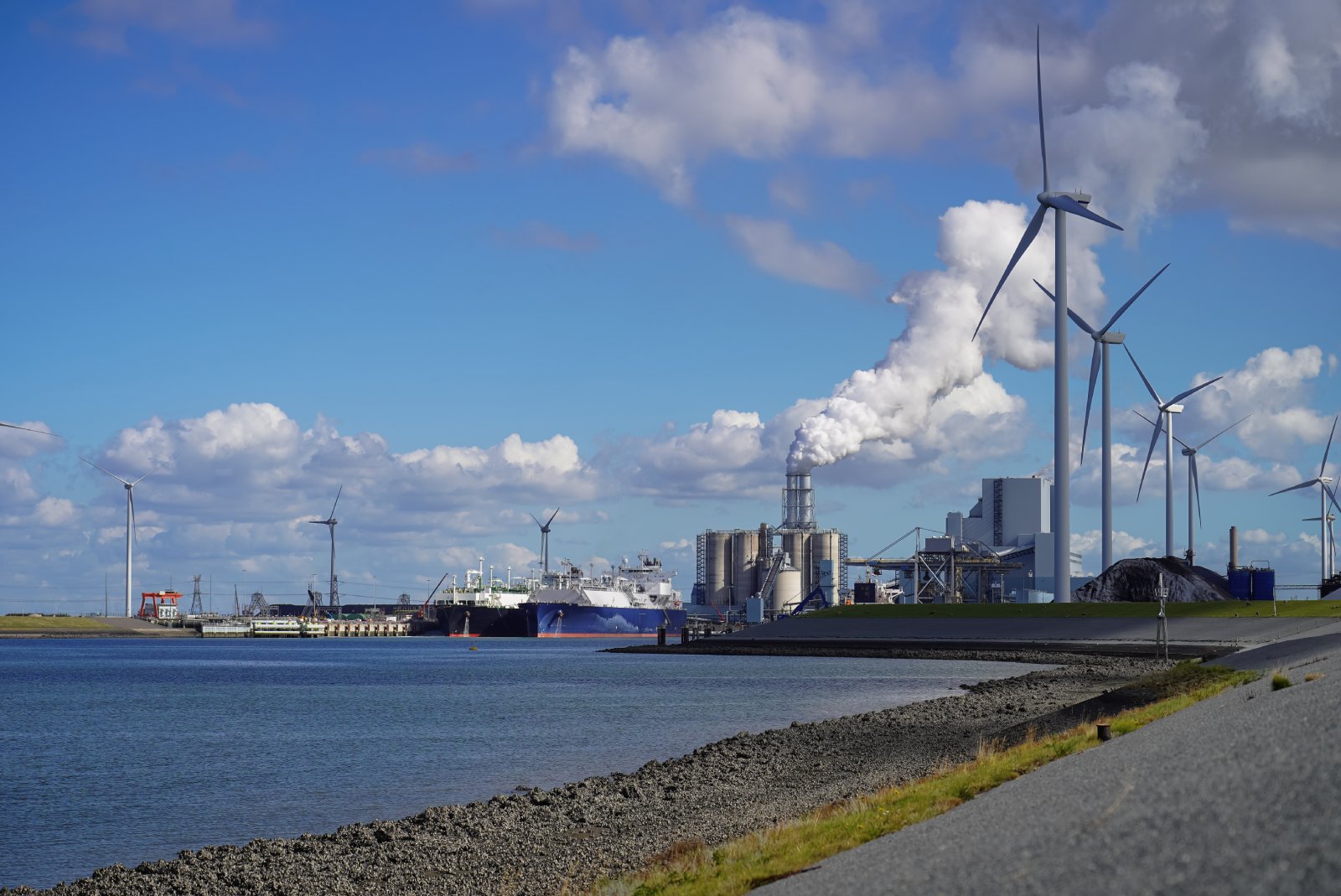
Image Credit: Shutterstock / Sander van der Werf
North Carolina’s energy policies are a mix of renewable energy initiatives and continued support for fossil fuels. The state’s conflicting approach has led to inefficient energy use and increased emissions. In 2023, North Carolina’s carbon emissions rose by 8%, reflecting the inconsistency in its energy strategy.
14. Arizona’s Drought Management Failures
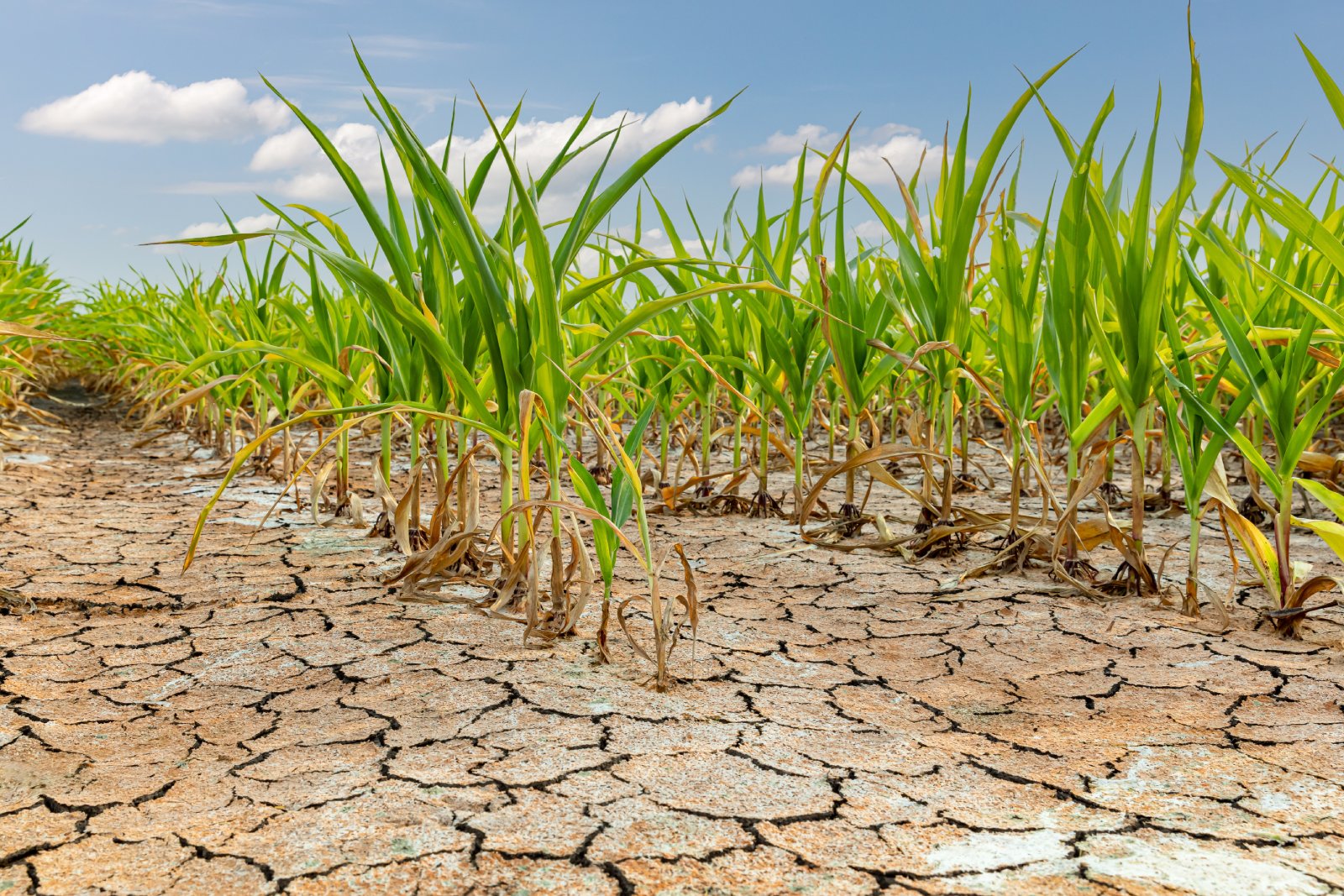
Image Credit: Shutterstock / J.J. Gouin
Arizona has struggled with effective drought management despite its climate policy efforts. The state’s water conservation measures have been criticized as insufficient, leading to worsening drought conditions. In 2023, Arizona experienced a 12% drop in water availability compared to the previous year.
15. Indiana’s Industrial Expansion Impact

Image Credit: Shutterstock / chayanuphol
Indiana’s focus on industrial expansion has overshadowed its environmental policies, leading to increased pollution and health issues. The state’s lax regulations on industrial emissions have resulted in significant air quality degradation. In 2023, Indiana reported a 14% rise in air pollutants, contributing to a public health crisis.
The Climate Divide: A Reckoning Looms

Image Credit: Shutterstock / Salivanchuk Semen
The political divide in climate policy across the U.S. reveals a nation struggling to find common ground. Will the stark differences in state policies exacerbate the climate crisis, or can a unified approach emerge to address the looming threats?
Featured Image Credit: Shutterstock / Heidi Besen.
For transparency, this content was partly developed with AI assistance and carefully curated by an experienced editor to be informative and ensure accuracy.

